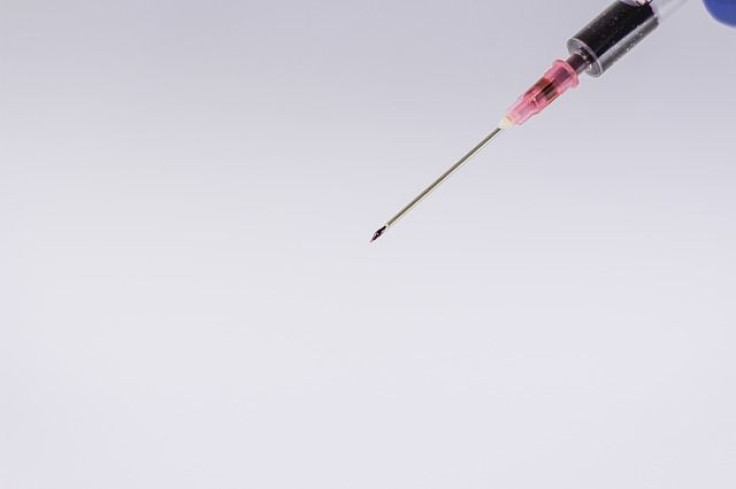University Of Pittsburgh Researcher Infects Herself With Zika Virus, But No Risk To Public

A University of Pittsburgh researcher is infected with the dreaded Zika virus after an unfortunate needle, officials from the university and local health department independently confirmed last Thursday.
University spokesman Joe Miksch said the unidentified researcher pricked herself with a needle containing Zika on May 23 while conducting experiments. By June 1, she developed symptoms associated with Zika, prompting a blood test. And on June 8, the results confirmed the virus was present in her system.
The case has been reported to the Allegheny County Health Department (ACHD), which is typically spread by mosquitos or more rarely through sexual transmission. While this is the fourth case of Zika reported in Pennsylvania, the state has not seen any cases of Zika spread by the local mosquito population, with the remaining three cases seen in those who were infected while traveling.
“We want to remind residents that, despite this rare incident, there is still no current risk of contracting Zika from mosquitos in Allegheny County,” said Dr. Karen Hacker, director of the ACHD, in a statement. “For those traveling to countries affected by Zika, we urge caution. Pregnant women particularly should avoid travel to affected countries.”
Nearly 700 cases of Zika have been documented within the United States, with another 1,300 seen in U.S.-owned territories such as Puerto Rico. While the states haven’t seen any locally acquired cases of Zika, the reverse is true of those in our territories. And the possibility for localized outbreaks stateside remains a constant threat, especially in the South. Puerto Rico alone is expected to see hundreds of thousands more cases by the end of the year, officials from the Centers for Disease Control and Prevention have predicted.
Thankfully, the virus is harmless for the vast majority of its carriers. Most people experience no symptoms at all. But for those who do, they’re generally mild and last anywhere from a few days to a week. They include fever, rash, and joint pain and can be mistaken for other mosquito-borne diseases such as dengue or chikungunya. Both diseases are also spread by the same Aedes species of mosquitos that spread Zika.
However, pregnant women who contract the virus are known to have an increased risk of delivering children with various birth defects, such as a smaller-than-normal head (also called microcephaly). The U.S. has so far seen three cases of Zika-linked microcephaly in newborns, and the CDC estimates that anywhere from 1 to 13 percent of fetuses infected with Zika during their first trimester may go on to develop it.
It's an exceedingly rare possibility in adults, but the virus may also cause a distinctive neurological condition known as Guillain-Barré syndrome that weakens and even paralyzes a person’s extremities. Most with Guillain-Barré eventually recover, though it can sometimes leave behind lingering symptoms of fatigue, numbness and muscle weakness.
The researcher in question has since fully recovered and returned to work, though she has agreed to wear long-sleeved clothing and insect repellant for the next three weeks to further prevent the remote chances of mosquito transmission, according to Miksch. The University of Pittsburgh is currently part of an international research effort called Cure Zika, which is attempting to better understand the virus in hopes of eventually developing a vaccine against it.
Despite the low risk of Zika, health officials have reminded the public to avoid insect-borne diseases by wearing repellants containing DEET and removing any sources of standing water on their property.



























